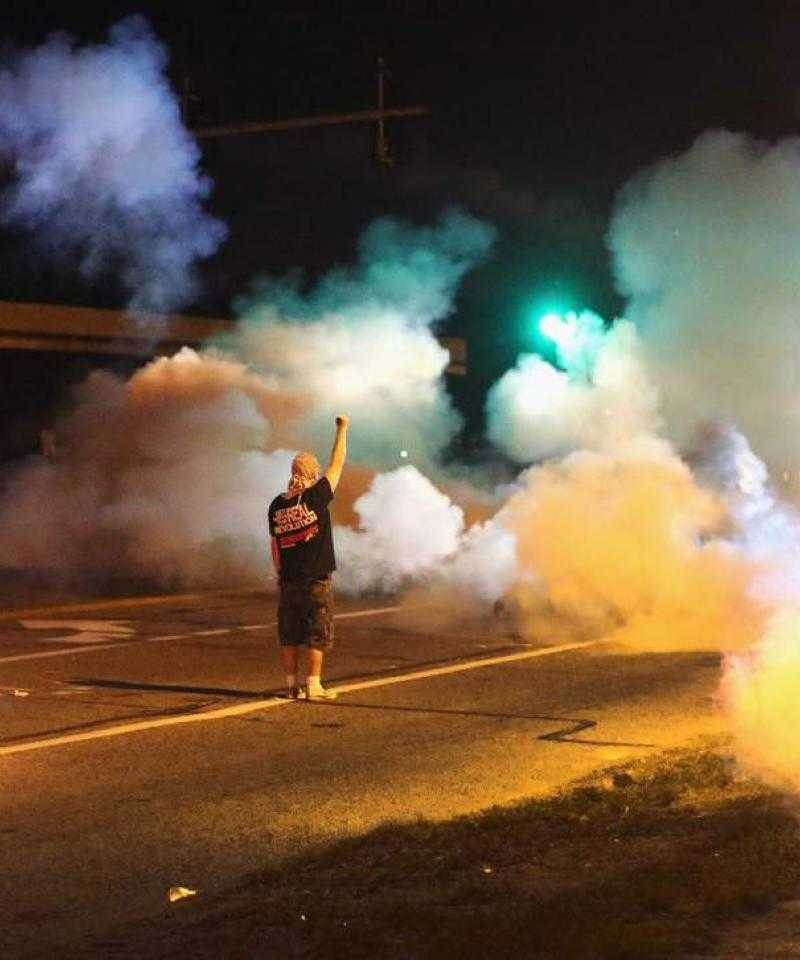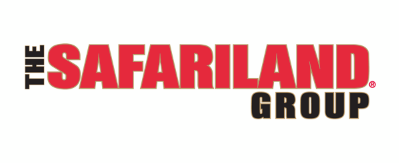War profiteer of the month: The Safariland Group

Safariland is an American company, founded in California in 1964, specialising in a wide range of products and services for police and security forces. Safariland is made up of a number of different companies and brands, and has estimated revenues of $500 million. In 1969, the company formed American Body Armor, and went on to form a range of other brands. Safariland was acquired by a company called Armor Holdings, which was in turn bought by BAE Systems, the UK’s largest arms company, in 2007. BAE Systems sold Safariland in 2012 for $124 million. More recently Safariland has since acquired a number of other companies, including Mustang Survival (a producer of a range of survival and water equipment), Med-Eng (which builds “battle-proven equipment to defeat explosive and heat related threats”, and Tactical Command Industries Inc. (offering a wide range of communication equipment like ear pieces, microphones).
Through these various brands, Safariland offers a range of services and products for police and security forces around the world, including:
- militarised police training and simulation
- crowd control weapons
- tear gas and other chemical weapons
- impact munitions (such as baton, foam, rubber, wooden and bean bag rounds)
- launchers and various accessories
- handcuffs and other restraints
- holsters, slings and bags
- bomb protection suits
- body armour
Products sold by the various Safariland Group brands have been documented in a large number of countries, many with dubious human rights records and a history of militarised crowd control techniques or responses to protest. These include:
- Mexico
- Turkey
- Venezuela
- Israel
- Bahrain
- USA
Most recently, activists collected evidence of chemical weapons such as tear gas being used against the “migrant caravan”, whose members travelled across Central America to the USA/Mexico border to seek asylum in the last months of 2018. Border officers fired tear gas at the migrants as they approached the border – the tear gas used was produced by Defence Technology, a subsidiary of Safariland.
In 2015 a protester involved in the Standing Rock protests sued Defence Technology, claiming that one of the companies flash bangs almost severed her left hand. The companies munitions were also used in response to the protest in Ferguson in 2014 and against Occupy Oakland activists. In February 2018, students at Brown University protested the boards decision to allow Safariland's CEO - Warren Kander - to sit on the advisor council of Institute at Brown for Environment and Society. The students wrote "From Egypt to the occupied Palestinian territories, Ferguson to Standing Rock, the weapons sold and promoted by The Safariland Group have been used to suppress protests, maim or kill activists and intimidate social movements.... [Kanders] should not have an advisory role or any other role at Brown.”
The Safariland Group exhibited at a number of other arms fairs around the world, including DSEI (UK), Security and Policing (UK), Eurosatory (France), MiliPol (France), Urban Shield (USA), and Land Forces 2018 (Australia).
Safariland Academy
The Safariland Training Academy offers regular workshops and training directed towards police, military and security personnel. An extensive video on the companies website illustrates a wide range of training opportunities, often displaying militarised equipment and techniques, including sniper rifles, chemical weapons, forced entry techniques, and heavily armed personnel. One segment explores “world wide, universal ways of controlling and hand cuffing people… we have people from Switzerland, Indonesia, Malaysia… east-coast to the west-coast of the United States”. The company offers “instructor level” courses, which allow participants to train members of their own organisations.
Stay up to date with our international antimilitarist activism.
